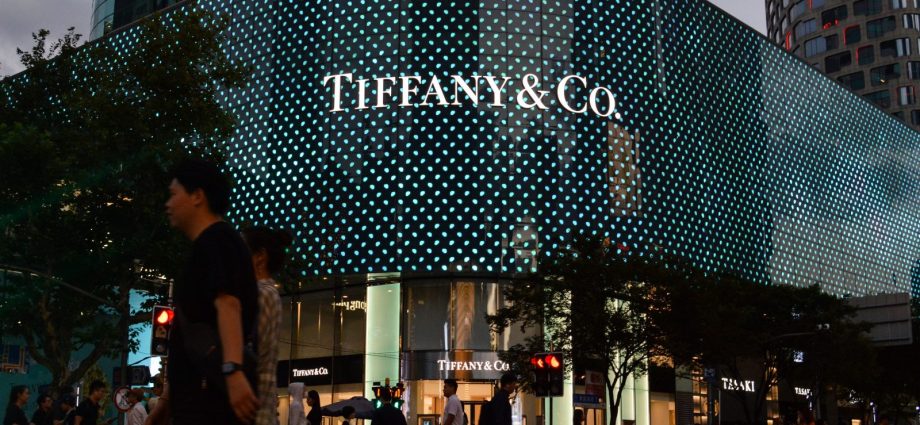
LVMH, the world’s biggest luxury goods vendor, smashed its earnings records last quarter, it reported on Thursday, sending its share price soaring.
The group, which is controlled by billionaire Bernard Arnault, reported global sales for the first quarter of the year of €21 billion (US$23 billion). The rise of 17% compared with the same period a year ago was ahead of analyst expectations. Sales of fashion and leather goods, the company’s biggest division, continued to be strong, jumping 18% to €10.7 billion.
LVMH (Louis Vuitton Moët Hennessy) was founded in 1987 through the merger of fashion house Louis Vuitton and champagne and spirits company Moët Hennessy.
Some of the most well-known brands under the LVMH umbrella are Louis Vuitton, Dior, Fendi, Givenchy, Celine, Bulgari, and Tiffany & Co. The company is known for its focus on craftsmanship, quality, and exclusivity, and many of its brands are “associated with luxury and status.”
Bernard Arnault is now the world’s richest person, galvanizing his lead over second-ranked Elon Musk.
What is driving this huge success? The answer: Chinese consumers, according to the company.
There are two key factors at play here.
First, it is clear that zero-Covid is done, or as the LVMH boss said, “the page has turned.” The strict restrictions aimed at controlling the spread of the respiratory ailment forced stores and warehouses to close, led to supply-chain issues, and lack of demand as consumers weren’t going out nearly as much, among other performance-denting issues.
What we are seeing now is a normalization of the Chinese consumer market as China reopens after years of lockdowns, plus also a degree of pent-up demand.
Second, and this is the important one for global investors in the longer term, the LVMH success story represents the role of China’s growing middle class.
The combination of economic growth, urbanization, education, and government policies has contributed to this demographic phenomenon – and it’s expected to continue in the coming years, as China’s economy continues to grow, and the government continues to implement policies to support this cohort.
The rise of China’s middle class has significant implications for investors.
As it grows, there will be an increase in consumer spending, as we have seen with LVMH, which could lead to important investment opportunities in companies that cater to this demographic.
In addition, the growing numbers of middle-class Chinese will drive demand for a range of other products and services, including health care, education, and financial services.
Investors should consider investing in Chinese companies that have a strong presence in the consumer sector, such as e-commerce platforms, luxury goods companies, and entertainment providers. Additionally, investors may want to look at investing in those that provide services, such as health-care providers and education firms.
Other recent developments have also reignited global investors’ interest in the world’s second-largest economy.
The breakup of Alibaba, the Chinese mega-conglomerate, in the last couple of weeks is, we expect, the start of a wave of enormous opportunities in China for investors from around the world.
It represents the end of Beijing-led regulatory crackdowns on various sectors, including tech, real estate and education, which have deterred foreign investors from China in the last few years.
The cooling of corporate crackdowns, and Beijing seemingly becoming more pro-private enterprise, which also coincides with the reopening, and as the Chinese currency, the yuan, becomes more dominant in international finance.
It’s a compelling case for investors, and the enormous jump in profits for LVMH due to Asian consumers should serve as another wake-up call.
Nigel Green is founder and CEO of deVere Group. Follow him on Twitter @nigeljgreen.

